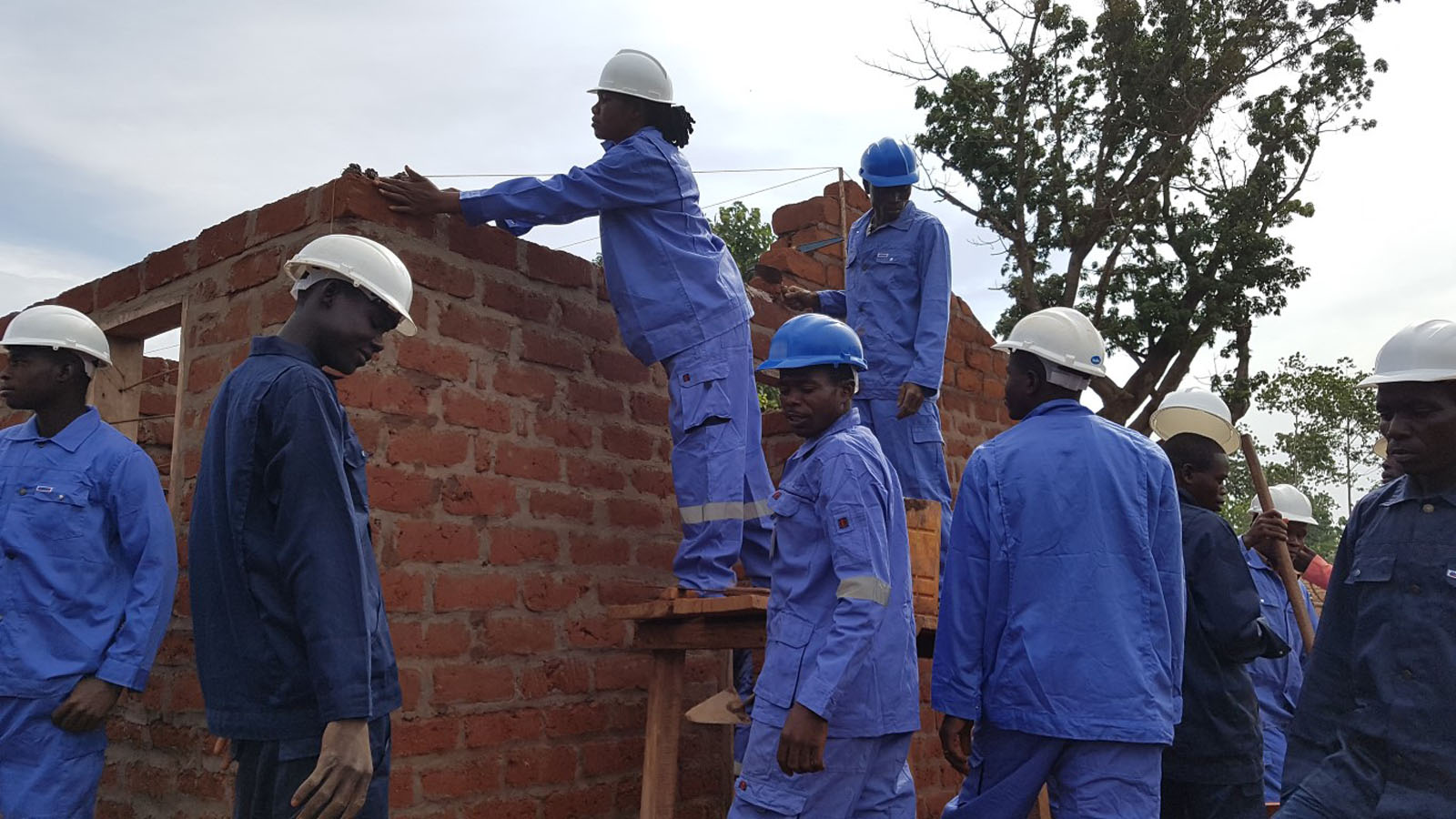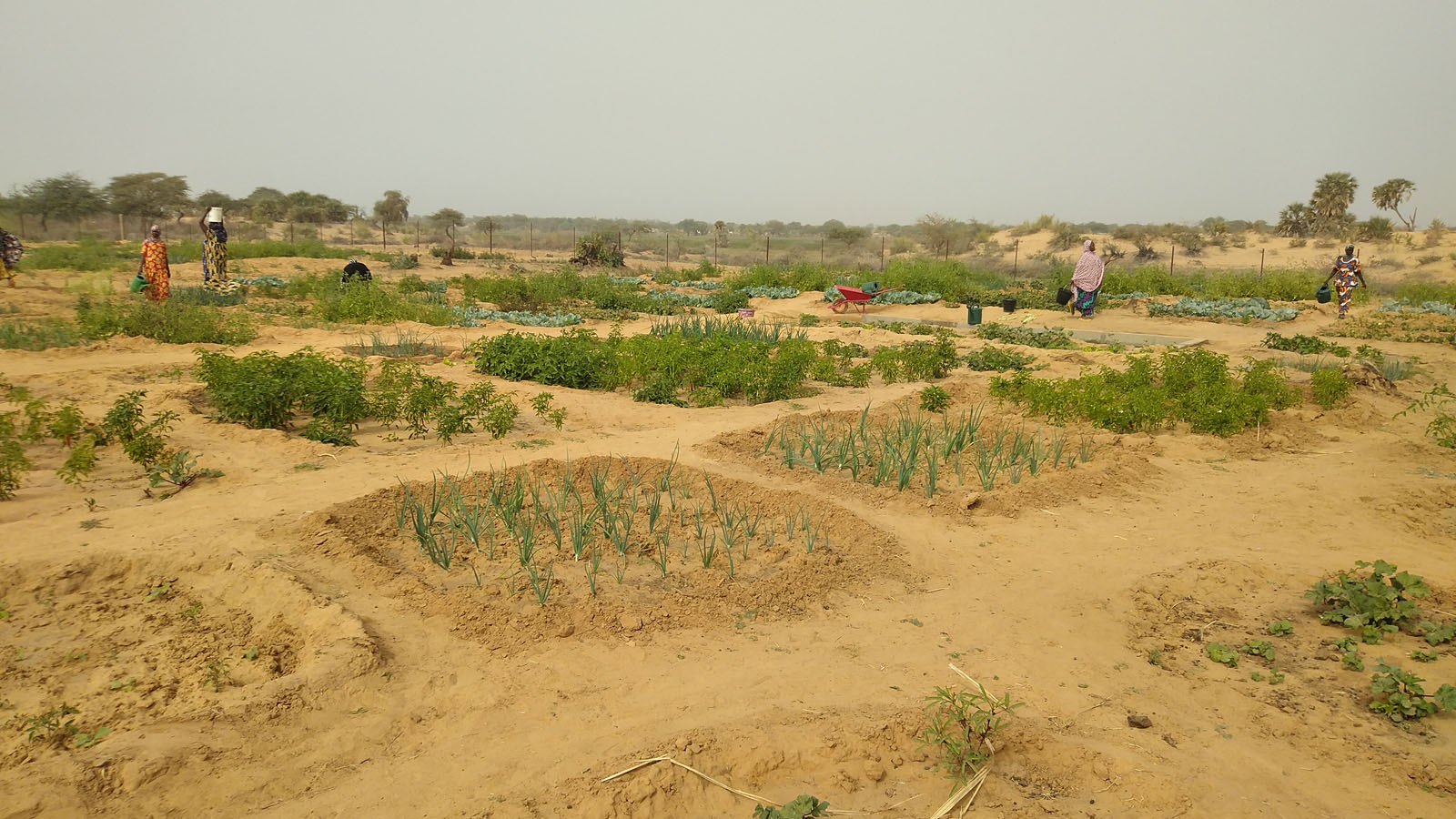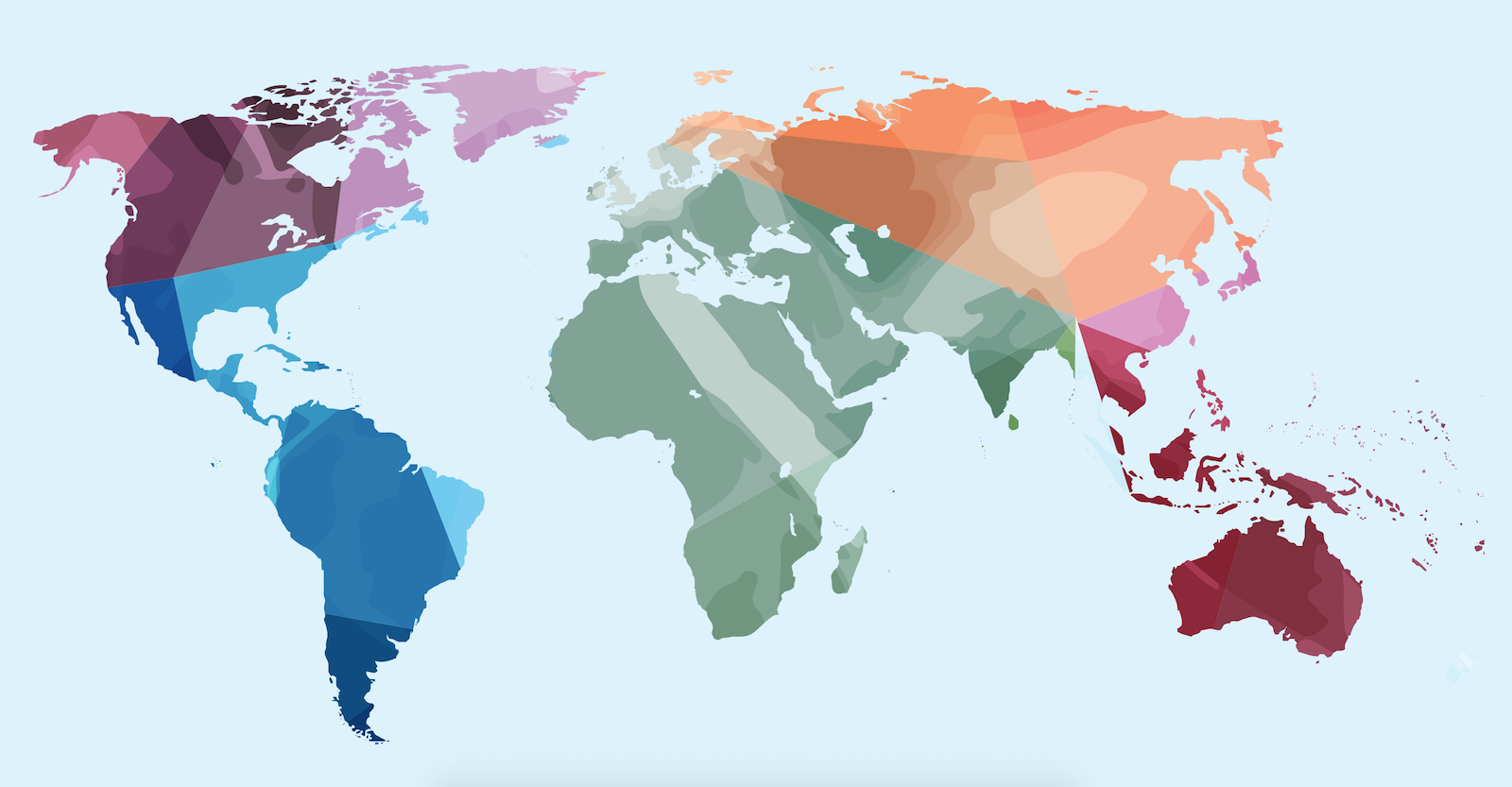Peacekeeping Operations
MINUSCA:
The Security Council mandated the UN in resolution 2301 (2016) to support the Government in the development and implementation of the National DDRR (PNDDR) and CVR programmes. Since then, Pre-DDR operations were completed (2017), just as the DDR pilot project (2018). The implementation of the PNDDR and of CVR projects are still ongoing.
MINUSMA:
As mandated by Security Council resolution 2480 (2019), the UN supports the deployment of reconstituted units of the Malian Defense and Security Forces – consisting of former national army elements and ex-combatants of signatory armed groups – through the Accelerated DDR-Integration process in addition to assisting the National DDR Commission in implementing the DDR programme. Furthermore, it mobilizes community support for DDR and prevents and/or mitigates the recruitment of youth-at-risk by armed groups through the implementation of CVR projects.
MONUSCO:
As mandated by Security Council 2502 (2019), the UN supports various national and provincial level efforts towards the DDR of elements of Congolese armed groups as well as resettlement and repatriation of foreign armed groups (DDR/RR) still active in Eastern DRC. Through CVR projects, the UN also supports communities affected by conflict in addressing inter-communal tensions and by providing support to youth-at-risk of recruitment.
UNMISS:
The Security Council mandated the UN in resolution 2049 (2019) “to provide support, within existing resources, for the relevant authorities and civil society organizations in developing and implementing gender-sensitive CVR programs, in cooperation and coordination with development partners and community representatives, especially women and youth.”. The UN has therefore initiated the planning process to develop a CVR approach most suitable to the context of South Sudan which is characterized by rampant intercommunal violence.
UNAMID/Darfur:
As mandated by Security Council resolutions 2495 (2019) and 2517 (2020), the United Nations has supported peace efforts with active armed movements and initiated planning for a future DDR process in Sudan. To prevent the escalation of violence in Darfur, the UN has implemented a series of Community Stabilization/Violence Reduction Projects and assisted arms control initiatives. From 2010 to 2019, UNAMID provided technical and logistical support to the Sudan DDR Commission towards the demobilization of signatory armed groups. Following this process, eligible individuals have received reintegration assistance.
Special Political Missions and Good Offices Arrangements
UNSOM/Somalia:
The UN supports the Federal Government of Somalia towards the implementation of the National Programme for the Treatment and Handling of Disengaged Combatants in Somalia (Security Council resolution 2103 [2013]). In addition to providing strategic policy advice, the UN provides rehabilitation support to former Al-Shabaab members, including women and children.
BINUH:
Haiti is considered the ‘birthplace of CVR’, and the UN has been implementing CVR in this context since 2006 (Security Council resolution 1702) through MINUSTAH and MINUJUSTH. The UN currently as per Security Council resolution 2476 (2019) assists the Government of Haiti with its efforts to develop an inclusive approach with all sectors of society to reduce community violence, and in particular gang violence. This includes technical assistance to improve weapons and ammunition management (WAM).
UNVMC:
The United Nations verifies the implementation of the Peace Agreement between the Government of Colombia and FARC-EP, including the process of political, economic and social reincorporation of the FARC-EP, and provides technical support to the DDR process.
UNSMIL:
The UN provides DDR support related to forward planning and positioning DDR within the political process, including through the sensitization of the national parties and support to the institutional setup.
OSESG Yemen:
The UN provides DDR support in planning for opportunities for a possible future DDR process.
UNOAU:
The UN and World Bank support the African Union DDR Capacity Programme (AUDDRCP) which aims to strengthen Member States’, Regional Economic Communities (RECs)’, and Peace Support Operations’ capacity to design and implement DDR processes.
OSESG Great Lakes:
The UN supports regional efforts in the Great Lakes region of Africa (Burundi, DRC, Rwanda, Tanzania, and Uganda) to address foreign armed groups in DRC and the broader region through non-military measures.
Non-Mission Settings
Republic of Congo:
The UN conducted a technical assessment mission to Brazzaville in 2017 analyzing the feasibility of a DDR programme. Based on this information, the UN set DDR as one of three core elements for its support to the Pool peace process in addition to dialogue and human rights, including through a dedicated PBF project.
Lake Chad Basin:
As tasked by UN Security Council resolution 2349 (2017), the UN supported the development of DDR aspects of a regional and coordinated strategy that encompasses transparent, inclusive, human rights compliant disarmament, demobilisation, deradicalisation, rehabilitation and reintegration initiatives, in line with strategies for prosecution, where appropriate, for persons associated with Boko Haram.
Mozambique:
The UN provides strategic and technical assistance to national authorities towards the implementation of the DDR process in Mozambique.
Sierra Leone:
The UN conducted a joint technical assessment mission on youth-at-risk in 2019. The assessment aimed at analyzing patterns of recruitment into gangs and proposing policy recommendations to mitigate community violence.
Cameroon:
The UN is carefully monitoring the developments in Cameroon and various proposals for a DDR process while preparing to support the Government as part of an inclusive political process.
Ethiopia:
The UN provides technical advice on DDR-related matters to the Resident Coordinator.
Burkina Faso:
The UN at the request of Resident Coordinator conducted a technical assessment mission on armed groups to Burkina Faso in 2019, providing a findings report with recommendations for the consideration of the Inter-Agency Emergency Task Force under the Secretary-General Planning Directive.


](https://www.unddr.org/wp-content/uploads/2020/05/MINUSCA-CVR-Raising-Awareness-in-PK5_1Medium.jpg)




